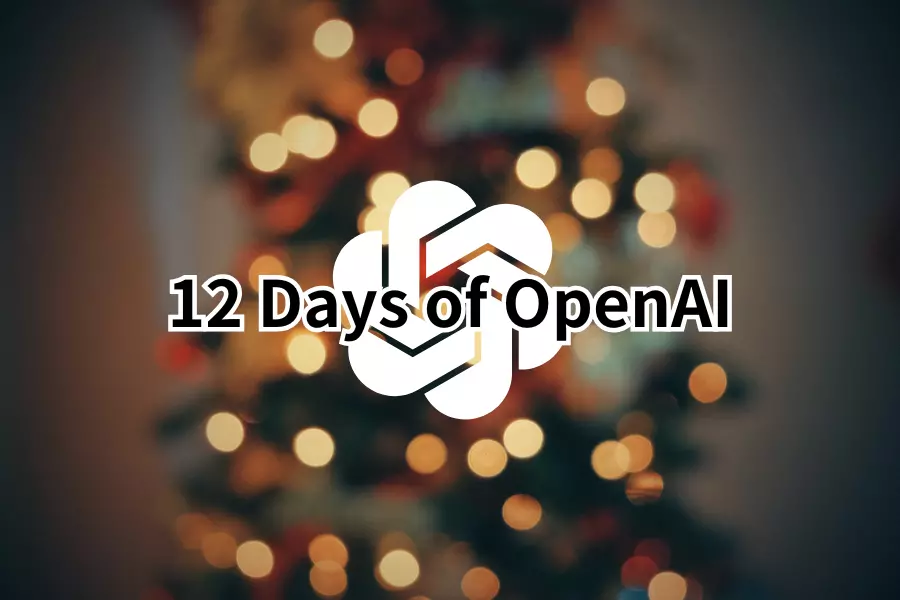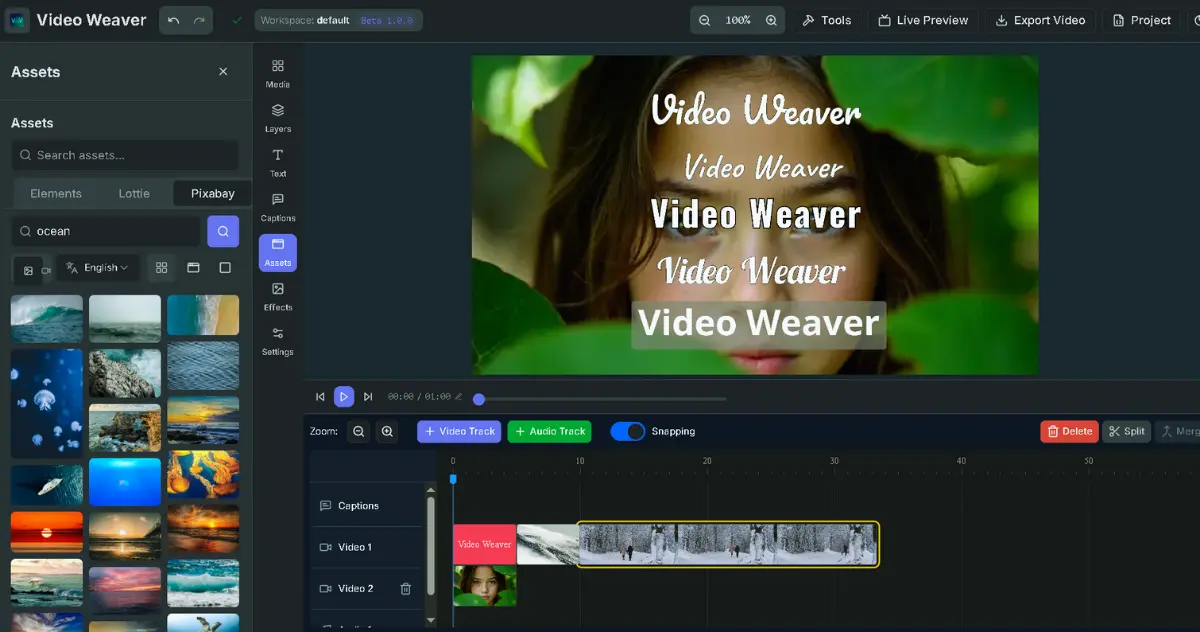
Tencent AI Lab has officially open-sourced its large-scale music generation model, SongGeneration, claiming to solve the three main challenges of poor sound quality, slow generation, and lack of musicality. Is this technology really that powerful? Will it become a helpful tool for creators or just another high-barrier “toy”? This article explores the core features and technical highlights of SongGeneration, along with real community reviews, to help you fully understand its pros, cons, and future potential.
Have you ever imagined that one day creating your own song could be as easy as typing? No need to understand music theory or play an instrument—just enter a few keywords, and a beautiful melody is born. It sounds like something out of a sci-fi movie, but it’s quickly becoming a reality.
One of the hottest topics in the tech world recently is the official open-source release of SongGeneration by Tencent AI Lab. It’s not just another AI tool release—it’s a statement that the barriers to music creation are being torn down. The era of “everyone can create” may truly be upon us.
But can AI-generated music really sound good? Can it replace professional musicians? And what does it mean for everyday users like us? Let’s take a closer look at this much-discussed SongGeneration and find out what it’s all about.
So, What Exactly Is SongGeneration?
In simple terms, SongGeneration is an AI model developed by Tencent AI Lab specifically for songwriting. It aims to solve three longstanding problems in AI-generated music: poor audio quality, lack of musicality, and slow generation speed.
Past AI music often sounded plastic and soulless. But SongGeneration uses an innovative fusion architecture that improves sound quality while maintaining high generation speed. In some cases, it even outperforms paid commercial models.
Most importantly, it is open-source. Whether you’re a developer, content creator, or simply a music enthusiast, you can use it for free or even build upon it. This injects massive energy into the AI music ecosystem.
More Than Just “Noise” — These Features Make Creation Simple
What makes SongGeneration especially appealing is how it simplifies the complex process of music creation into a few intuitive steps. No need for complicated DAWs—just a few clicks, and you’re making music.
- Text in, inspiration out: Just enter descriptive text like “lazy summer afternoon jazz” or “passionate, upbeat electronic rock,” and SongGeneration will generate music that fits your mood and style.
- Upload a melody, and it follows the style: You can upload a short music clip (around 10 seconds), and the model will learn its style—pop, rock, traditional Chinese, etc.—then create a brand-new composition in that same style. It’s perfect for video creators who need a quick stylistic match.
- Separate vocals and accompaniment—ideal for post-production: Unlike many AI music generators that output a single audio file, SongGeneration can separate vocals and accompaniment into different tracks. That means you can adjust vocals independently, replace instruments, and easily remix or enhance the song—turning it from a “toy” into a real productivity tool.
- Voice cloning? Yes, it can mimic timbre: Besides musical style, it can also clone vocal timbre. Upload a vocal sample, and the model can generate a voice with similar tone and emotion—great for virtual singers or specific vocal effects.
Want to try it yourself? Head over to SongGeneration’s Hugging Face demo and see the AI magic firsthand.
A Techie’s Take: What Makes It So Powerful?
To achieve all these impressive features, SongGeneration relies on solid technical foundations. Here are its key innovations:
- Proprietary Music Codec: Audio files are usually large, making them hard for AI to process. Tencent developed its own compression method that encodes high-quality music into low bitrate codes the AI can easily learn from. This reduces training load and results in more detailed, structurally sound music output.
- Compact 3B parameter model: In an era where models often exceed 100 billion parameters, SongGeneration has around 3 billion. Despite its smaller size, it matches or even outperforms some commercial, closed-source models in terms of sound quality and musical coherence—proof of its efficient architecture.
- Trained on massive multilingual music data: The model was trained on a huge dataset of both Chinese and English songs, giving it a deep understanding of diverse musical styles and structures.
What Does the Community Think? Revolution or Hype?
Every new tech sparks both praise and skepticism, and SongGeneration is no exception. We reviewed discussions from various forums and found a wide range of opinions.
Pros – Why People Love It
- Speed is king: SongGeneration is fast, making it ideal for short-form videos, game soundtracks, and other fast-paced content creation needs.
- Surprisingly high quality: Many are impressed by the musicality and sound quality—it’s not just passable, but genuinely usable in real-world projects.
- Open-source is a game-changer: Developers are especially excited about its open-source nature, seeing it as the Stable Diffusion of the music world—ready to spark a thriving ecosystem.
- Multi-track output = professional-grade: The ability to separate vocals and instruments is a major step up, making it appealing even for professional musicians and producers.
Cons – Where It Still Falls Short
- Requires decent hardware: As a large model, it demands solid computing power. Users with lower-end machines may struggle to run it smoothly.
- Limited control: While text prompts can steer style, fine-tuning individual notes or chords isn’t yet possible—so perfectionist creators will still need manual editing.
- Copyright concerns: Referencing existing music styles could lead to copyright disputes. Legal caution is advised when using third-party audio for style transfer.
- Creative ceiling: Some musicians note that while the structure and melodies are solid, the emotional depth and true innovation still fall short of human creativity. It’s great at mimicking—but creating something genuinely new is still a challenge.
Final Thoughts: Where Is SongGeneration Taking Us?
Without a doubt, SongGeneration marks a major milestone in AI-generated music. With its blend of efficiency, quality, flexibility, and openness, it dramatically lowers the barrier to music creation and opens the door for anyone with musical passion to participate.
It’s not perfect—hardware demands and limited fine-tuning are real issues—but its direction is clear: AI is becoming a powerful assistant for human creativity. Just like the camera didn’t replace painters but gave them a new medium, AI music tools like this one will expand, not shrink, the possibilities for artistic expression.
Looking ahead, as technology evolves and the community continues to grow, we can expect AI music to become more refined and more embedded in everyday life—sparking creativity in ways we’ve never imagined.




